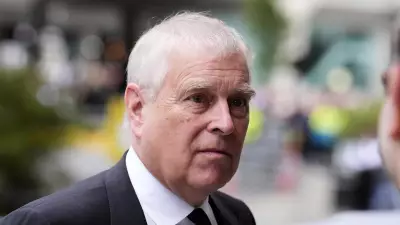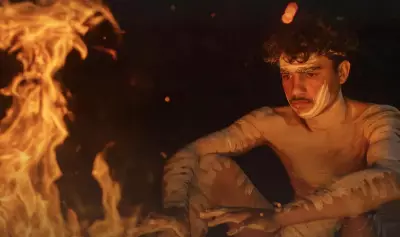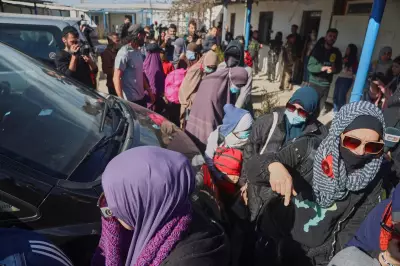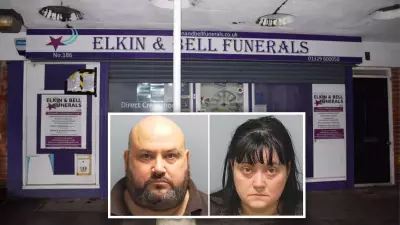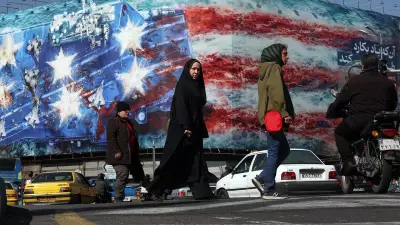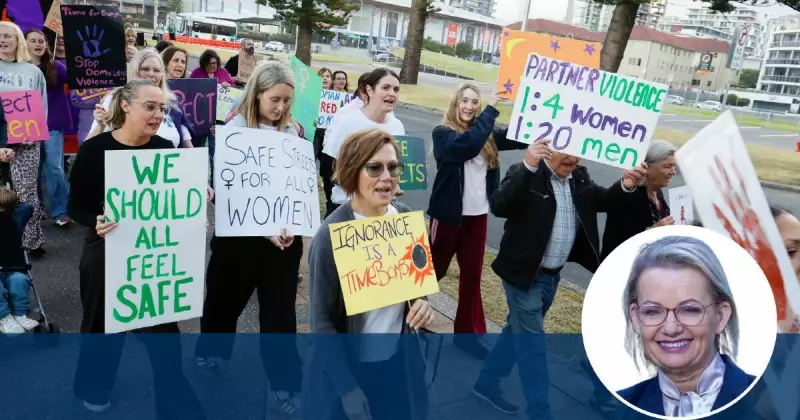
As Australia marks the International Day for the Elimination of Violence against Women, a sombre reality casts a long shadow. In the year since this day was last observed, 74 women have been killed in acts of gendered violence, their lives abruptly and tragically ended.
Federal Opposition Leader Sussan Ley stood in the national Parliament to read each of their names into the official record, a powerful act of remembrance for the mothers, daughters, sisters, and friends who have been lost. This list, compiled by the Red Heart Campaign and researchers from Destroy The Joint, represents an unfolding national tragedy that demands a better response.
The Unseen National Emergency
Imagine if 74 Australians were killed in a single day or at a single event. The national response would be immediate and profound. News broadcasts would lead with the story for weeks. The nation would stand together in mourning, flags would be lowered, and permanent memorials would be considered.
Yet, the names of these women, and the many that have come before them, are often lost amid the noise or spoken only in the aftermath of a particularly horrific event. Violence against women remains a pervasive and present danger in every corner of the country, an unseen force that stalks, takes, and silences.
The list of 74 includes 62 named women and 12 who, for cultural reasons, have not been named publicly. They are Sandra Dobrila, Yuko, Heang Kim Gau, Pauline Slater, Charlyze Hayter, Zhuojun (Sally) Li, Khouloud Hawatt, Chloe Jade Mason, Kristy Louise Hunter, Yvonne Beres, Ms Multa, Katie Tangey, Merril Kelly, Lilian Catherine Donnelly, Rachel McKenna, Rachel Moresi, Justine Hammond, Elizabeth Pearce, Kara Jade Weribone, Crystal Beale, Audrey Griffin, Irene Herzel, Cecilia Webb, Czarina Gatbonton Tumaliuan, Louise Hunt, Claire Austin, Thi Kim Tran, Jocelyn Grace Mollee, Kylie Sanders, Kim Duncan, Talulah Koopman, Samia Malik, Caroline (Carlee) Smith, Muzhdah Habibi, Lauren Hopkins, Norma Diana Dutton, Krystel Paul, Pheobe Bishop, Leanne Akrap, Julia Neira Marican, Angela Gauld, Sally Bartlett, Shelley Spinks, Jeanette McIver, Amanda Rahan, Shafeeqa Husseini, Zoe Walker, Athena Georgopoulos and her unborn child, Summer Fleming, Anu, Ali Lauren, Carra Samantha Luke, Diane Harness, Ashleigh Grice, Carolyn Campbell, Ms Chainsaw, Rajwinder Kaur, Jordana Johnson, Lisa Ward, Rhukaya Lake, Irene Selmes, and Marcia Chalmers.
Confronting the Harsh Facts and Finding a Path Forward
The problem is not dissipating. According to Our Watch, intimate partner violence is the leading preventable cause of death, disability, and illness for women aged 25 to 44. It is also a primary driver of homelessness for women across Australia. This is not a 'women's issue' but a whole-of-community crisis that requires a unified response.
In the face of this grief, however, there is hope. There is growing consensus in parliaments and communities that new initiatives are urgently needed. There is also hope in the increasing engagement of men and boys in violence prevention. Organisations like Movember are stepping up to change minds and behaviours, recognising that men's health policy is women's safety policy.
Hope is also found in the relentless work of frontline services: the domestic violence shelters that provide refuge, the educational impact of campaigns like Teach Us Consent on the next generation, and the ongoing advocacy of groups like Our Watch.
A Call to Maintain the Rage and Not Look Away
As the first woman to serve as Opposition Leader, Sussan Ley has committed to supporting measures that address the drivers of violence and ensure promised funding reaches frontline services more quickly. The challenge now is to maintain momentum, overcome fatigue, and continue to shine a light on this dark corner of Australian society.
These women had stories. They had names. They mattered. As a nation, we must not look away. We must continue to go into the dark places, demand action, and ensure they are never forgotten.
Support is available for those who may be distressed. Phone Lifeline 13 11 14; Men's Referral Service 1300 776 491; 1800-RESPECT 1800 737 732.

